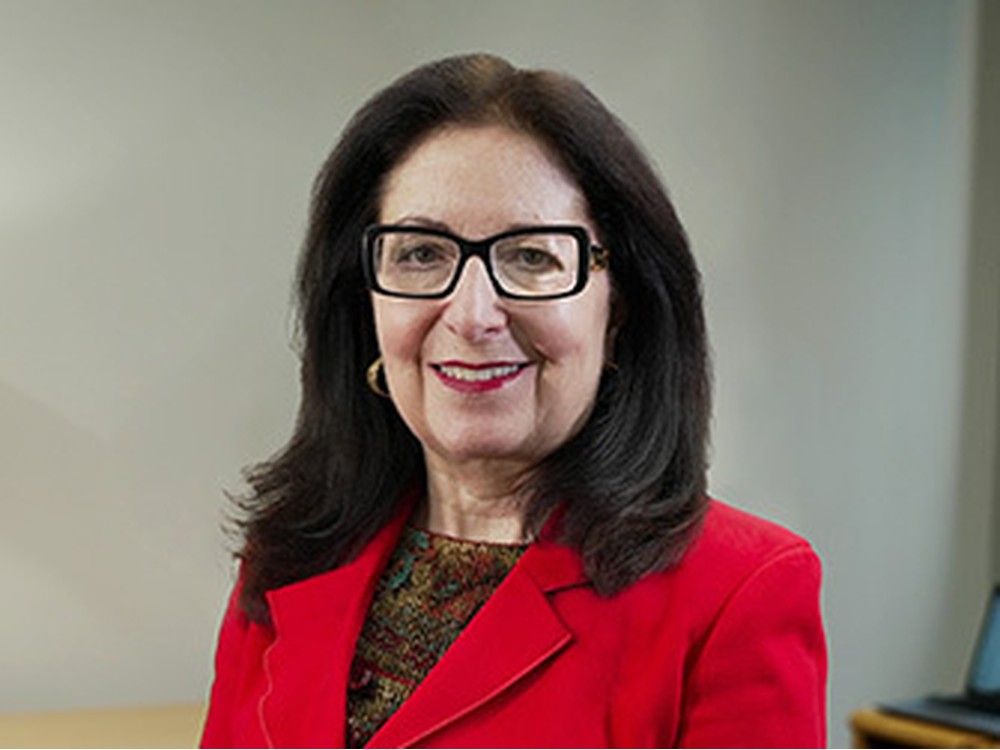Canada’s federal public service watchdog says her office is in need of stronger investigative powers.
Harriet Solloway, the public sector integrity commissioner, told parliamentarians at a committee last week that her office, which investigates wrongdoing in the public service, is unable to request a piece of evidence from outside the public sector.
“My hands are tied in several investigations because I just cannot go outside,” she told the
Standing Committee on Government Operations and Estimates (OGGO) on Oct. 9.
Solloway blamed section 34 of the Public Servants Disclosure Protection Act for hamstringing several investigations. The section currently holds that if there is a piece of evidence that falls outside of the purview of the public service, the commissioner “must cease that part of the investigation and he or she may refer the matter to any authority that he or she considers competent to deal with it.”
Solloway, whose office was created in 2007, told the Ottawa Citizen that section 34 seems to be in conflict with another part of the act that allows people outside the public sector to provide evidence in an investigation.
“So people can provide me with information, but I can’t ask for information,” she said.
“It is something that I think is a weakness in the act.”
At her committee appearance, Solloway also called for reforms that would provide stronger protections for whistleblowers and a more independent funding model that she said would avoid conflicts of interests.
When it comes to whistleblowers, Solloway called for more funding to be able to investigate more cases of whistleblower retributions, in which public servants are fired or passed on for promotions in reprisal for lodging a complaint. Solloway’s office has struggled to keep up with a “high caseload” and has requested additional funding.
In recent years,
Solloway’s office has struggled to keep up
with a growing backlog of complaints.
She told the Ottawa Citizen that there needs to be a mechanism to secure “interim protection” for whistleblowers.
“I could, for example, in an amended act, have the power to either ask or call upon the (deputy minister) in the given department to take the necessary measures to protect,” she told the Ottawa Citizen. “I have no such right, right now.”
In addition to a lack of funding for her investigators, Solloway told committee members that
the way her office is funded needs to be reformed
. Currently, the office is funded through the Treasury Board and Department of Finance, similar to other departments and agencies in the federal government.
But Solloway said that “to protect not only the independence of the office, but also the appearance of independence, Parliament itself should determine the office’s budget.”
Solloway told the Ottawa Citizen that that current model risks conflicts of interest given that public servants advise decision makers at the Department of Finance and the Treasury Board.
If a similar scenario played itself out in the justice system, Solloway said it would be as if the courts got their budgets approved by those potentially accused of crimes.
“The point is that at that point in time, public servants could put their finger on the scale,” said Solloway, adding that those public servants could potentially be witnesses or under investigation by her office. Or they could know colleagues actively involved in her office’s investigations.
“There’s a lot of room for conflict of interest where the public servants are concerned,” she said.
Solloway pointed to other funding models such as those used for the Parliamentary Budget Officer whose funding is approved by Parliament exclusively.
Related
- Could government watchdogs have to do more with less despite being exempt from spending review?
- Public service integrity watchdog asks feds for $1.4 million to clear backlog



